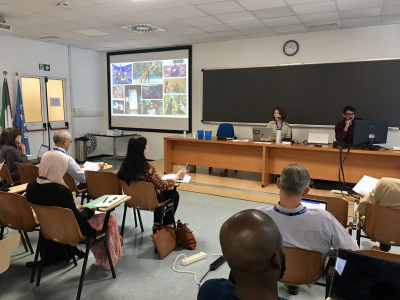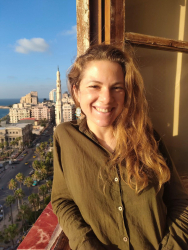


In this series of video interviews, authors present their case studies that IAP recently published in collaboration with Save the Children in 'Climate Change and Health: Science-based Policy Solutions'.
Thailand faces increasing challenges from altered rainfall patterns, impacting mental health and food security among Indigenous farming communities.
Victoria Pratt, a lead researcher with a team from Land Body Ecologies, spearheaded a study illuminating the profound link between mental health and ecosystem health in Thailand's Indigenous Pgak’yau communities. Her research highlights the growing stresses faced by these communities due to both climate change and restrictive government conservation policies. The study's findings emphasize the urgent need for policies that recognize and support Indigenous land practices and rights.
Watch the full interview with Victoria Pratt to learn more about her impactful work:
Mental Health and Ecosystem Health Connection: The research reveals how climate change and government policies affect mental health in Indigenous communities, with changing rainfall patterns reducing crop yields and food security.
Community Mapping Initiatives: Pgak’yau communities are mapping their rotational farming plots to validate ancestral land claims, highlighting their struggle against government reclassification of their lands for conservation purposes.
Traditional Knowledge and Practices: The study underscores the cultural and spiritual importance of rotational farming and how traditional knowledge is passed through stories, songs and ceremonies, which are at risk due to forced adaptations and land loss.
Impact and Future Goals: Victoria Pratt’s research calls for recognizing Indigenous Peoples’ rights and knowledge in conservation efforts. The initiative not only raises awareness but also aims to influence policy to support the sustainable practices and well-being of Indigenous communities.
Read and download the case study here.
Read and download the entire book here.
Stay tuned for more video interviews from the authors of the IAP Climate Change & Health case studies. Follow us with the hashtag #ClimateHealthSolutions to stay updated on the latest insights and developments.
Watch all the video interviews on the IAP YouTube channel here.
For more information on the project, read here.
